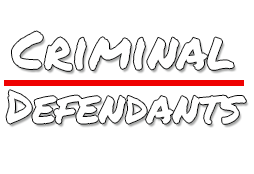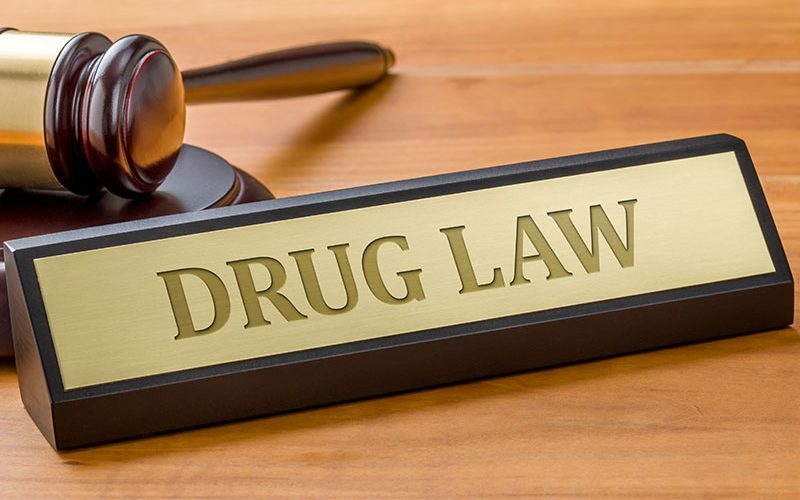Possession charges can lead to a wide range of consequences that can affect your personal life, professional life, reputation, and freedom. It can be helpful to learn about possession laws and penalties after an arrest so you understand how to take the right steps forward. Below you’ll find some fundamental questions and answers to shed light on possession offenses in New Jersey.
A few things you should know upfront:
What is considered a controlled dangerous substance in New Jersey?
New Jersey states that a controlled dangerous substance (CDS) is any that falls into one of the five scheduled categories, according to New Jersey Controlled Dangerous Substances Law. These five schedules are broken down into the potential level of addiction or abuse.
- Schedule I: A Schedule I is a substance that (1) has a high potential for abuse; and (2) no accepted medical use in treatment in the U.S. Examples of Schedule I drugs are heroin and LSD. It’s important to note that despite the new legalization laws in New Jersey, marijuana remains a Schedule I on the federal level.
- Schedule II: A Schedule II is a substance that (1) has a high potential for abuse; (2) has been accepted as medical treatment in the U.S.; (3) abuse of the can lead to physical dependence. Examples of Schedule II drugs are opiates, fentanyl, and alphaprodine.
- Schedule III: A Schedule III is a substance that (1) has a potential for abuse less than the substances listed in Schedules I and II; (2) has currently accepted medical use in treatment in the United States; and (3) abuse may lead to moderate or low physical dependence or high psychological dependence. Examples of Schedule III drugs are amphetamines and methamphetamines.
- Schedule IV: A Schedule IV is a substance that (1) has a low potential for abuse relative to the substances listed in Schedule III; (2) has currently accepted medical use in treatment in the United States; and (3) may lead to limited physical dependence or psychological dependence relative to the substances listed in Schedule III. Examples of Schedule IV drugs are Barbital and Methohexital.
- Schedule V: A Schedule V is a substance that (1) has a low potential for abuse relative to the substances listed in Schedule IV; (2) has currently accepted medical use in treatment in the United States; and (3) has limited physical dependence or psychological dependence liability relative to the substances listed in Schedule IV.
What is considered paraphernalia?
Possession charges can also include paraphernalia, which is basically drug-related objects. For instance, if you’re caught with paraphernalia such as rolling papers, pipes, bongs, cutting agents, scales, or syringes, you can be charged with paraphernalia possession.
What are the penalties for possession in New Jersey?
The punishments and penalties for possession will vary depending on the classification of the and the quantity in someone’s possession. For example, those charged with possession of five ounces or more of methamphetamine is considered a first-degree crime, which carries a maximum sentence of 20 years in jail and fines up to $300,000.
Despite legalization, possession of more than 6 ounces of marijuana is considered a criminal offense in New Jersey, and penalties can result in 1.5 years in jail and $25,000 in fines. Overall, possession felony convictions in New Jersey will most likely include jail time, heavy fines, and required attendance in a treatment program.
What should I expect when facing a possession charge?
When facing a possession charge, it’s highly recommended to have an NJ drug possession lawyer by your side to guide you through the process and explain each step. Generally, after you’re charged with possession, you’ll have to appear in court, where a judge will formally charge you and determine the conditions of your bail.
Your lawyer can help you be released on your own recognizance or attempt to have your bail set at a reasonable cost. After this initial appearance, your case can go in several different directions. You may have to have a substance abuse evaluation, your lawyer and the prosecutor may be able to negotiate a deal, or your case may lead to a trial.
What is the best defense strategy for a possession charge in New Jersey?
There are many different defense strategies that can apply to possession charges, but the best defense plan for you will depend on the circumstances surrounding your arrest. For instance, you may be able to claim that your arrest violated your
Fourth Amendment rights if there was an illegal search and seizure conducted by law enforcement. In other cases, drugs may be planted in an individual’s possession by another person. Your NJ possession lawyer will review the details of your case and explain the best possible strategy for defense.
What is pretrial intervention (PTI) in New Jersey?
The NJ Pretrial Intervention Program provides offenders alternative consequences for possession rather than jail time. This program is generally offered to first-time offenders who face third or fourth-degree charges. Instead of facing a conviction, offenders must participate in things like counseling, treatment programs, community service, and other rehabilitative programs.
If you’re interested in learning about the pretrial intervention program, speak with your attorney about your qualifications and the application process.
How can a possession lawyer help me?
A possession lawyer can help you in a number of ways. At your consultation with your possession defense attorney, you will discuss the details of your case, and your attorney will explain the best way to move forward.
Your attorney will likely analyze your case, conduct their own investigation, interview potential witnesses, and examine the evidence. With an experienced possession lawyer, you might even be able to have your case dismissed or charges dropped.
A skilled possession defense attorney will negotiate with the prosecutor, minimize your penalties, and arrive at the best possible option for you.

